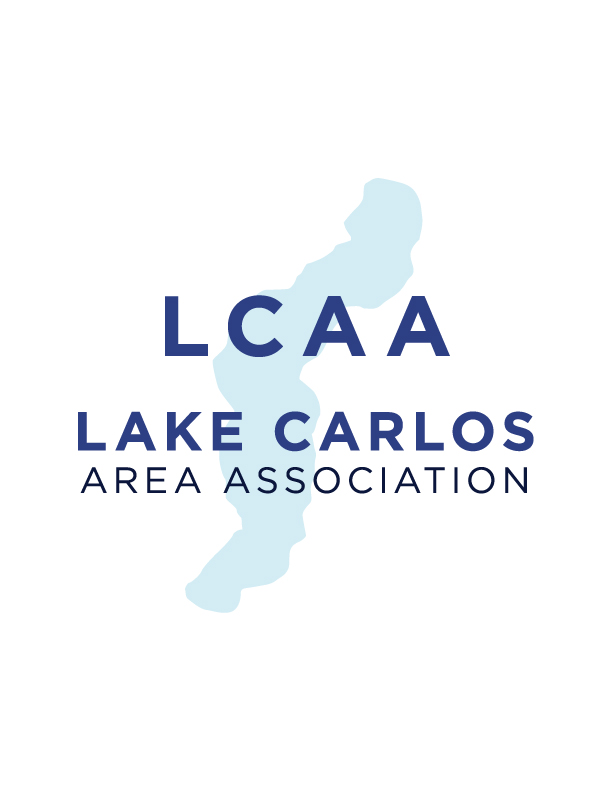Well folks it’s confirmed, we have zebra mussels. Lake Carlos, and other lakes on the Chain of Lakes have these little critters. Not unlike the small snails that have been indigenous to our lakes, we now have the aquatic invasive species (AIS) known as zebra mussels.
So what is the impact that these critters will have on our lakes? For one, they naturally filter the water and clean it. Yes there is some good news in this AIS discovery. The mussels cling to hard surfaces including rocks, docks and lifts, water intakes and other surfaces. They can accumulate in areas and be a pest. Whether they impact other things in the ecosystem remains to be seen.
They can be a pest. Some areas where zebra mussels accumulate may leave empty shells that could cut a bare foot. Cleaning out sprinkler system intake screens may become necessary. But, it is not the end of the world. It is not the end of a healthy lake.
Zebra mussels first showed up over twenty-five years ago in the State of Michigan. They soon spread throughout the Great Lakes area from New England to Minnesota and they continue to work their way west. Not unlike other invasive species, they are carried by a number of sources including boats, live-wells, ballast systems and other obvious methods introduced by lake users. However, they began as microscopic organisms and may be transferred by ducks and other water birds from one lake to the next.
More good news, areas to the east of Minnesota have learned to live with the critters and they have not been an earth shaking problem. Whether in Wisconsin, Illinois, or areas to the east coast, lakes and lake associations have dealt with zebra mussels and live with them.
It is our responsibility as lake users to help prevent the spread of zebra mussels (and any other AIS). When taking your boat out of the lake, make sure it is dry and clean. Don’t drop your boat into another lake if there is any chance of spreading AIS. Signage will be provided at public accesses. Spread the word. Be careful not to transfer AIS from one lake to another. This is also a good reminder. When coming from another lake, make sure your boat is clean so that we don’t get another AIS into our Chain of Lakes.

